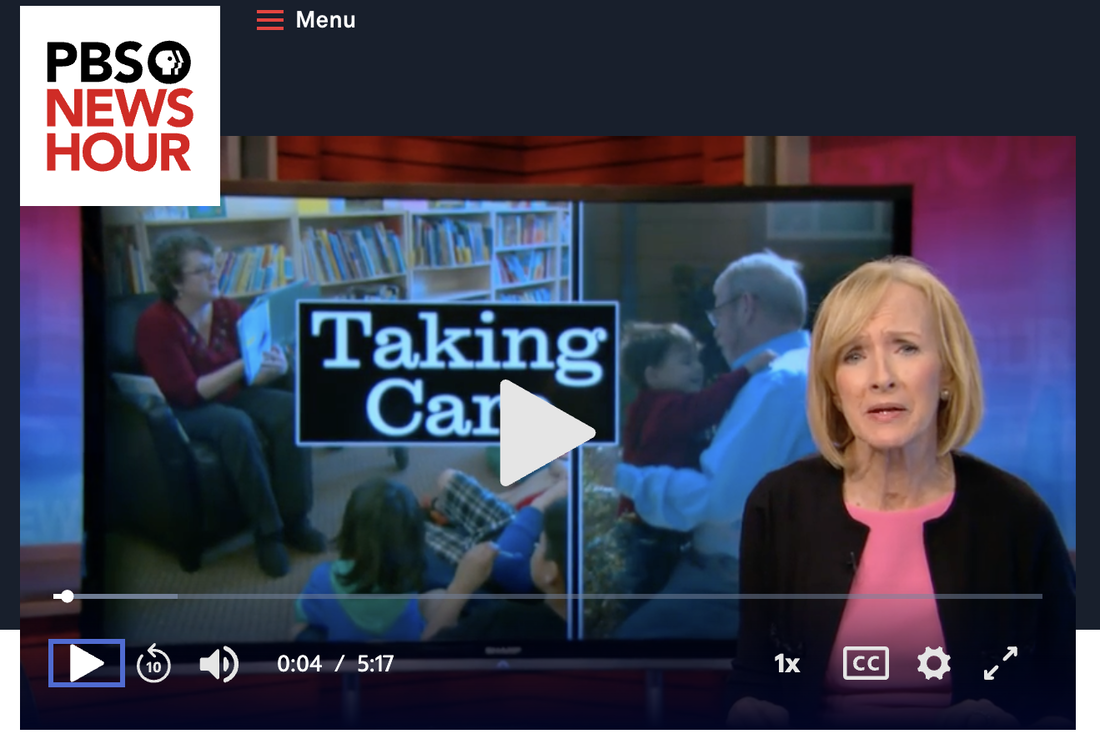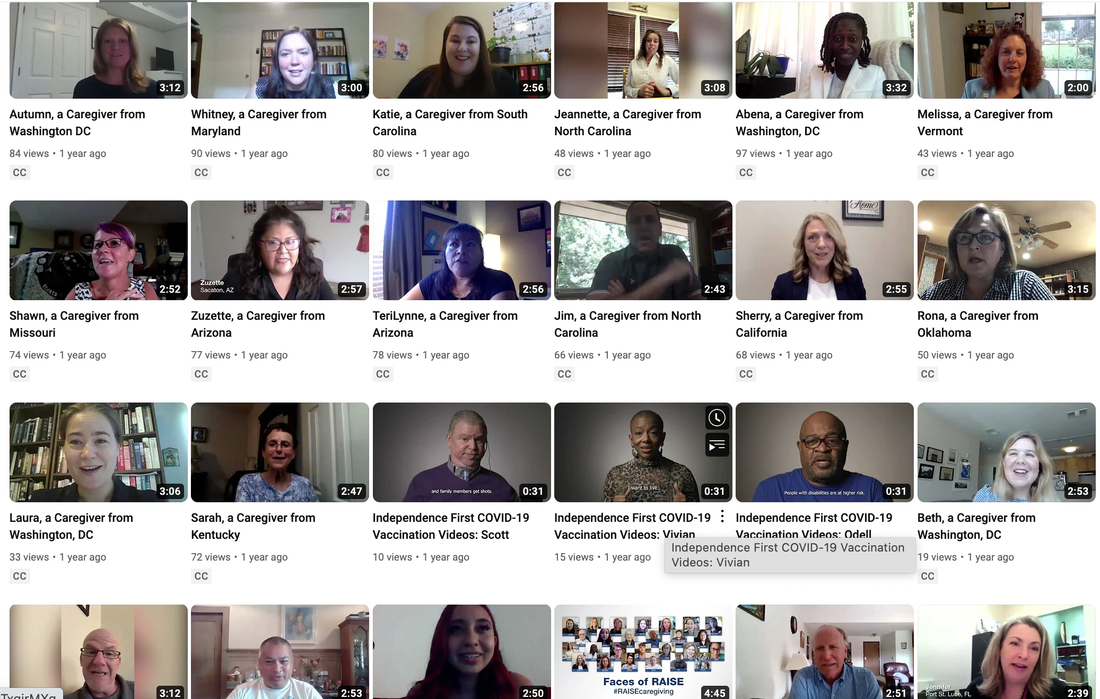BIG BUT BRIEF VIDEO LIBRARY
SCROLL DOWN TO ACCESS ALL 2022 BIG BUT BRIEF VIDEOS, ORGANIZED BY SESSION.
TO WATCH IN FULL SCREEN, SELECT "WATCH ON YOUTUBE."
TO WATCH IN FULL SCREEN, SELECT "WATCH ON YOUTUBE."
DAY I - DEMOGRAPHICS & PREPAREDNESS: MORE ELDERS, FEWER OFFSPRING: WHO CARES?
|
Anne Basting's “Big but Brief” discusses the need for novel approaches that bring meaning and purpose into the lives of older adults and their caregivers through creative engagement.
|
Sarah Tom’s “Big but Brief” lays out the demographic reality of informal caregiving that we are facing and the one to come based on changing fertility, longevity and immigration patterns and how these affect family structures.
|
|
|
DAY 2 - UNPACKING $500 BILLION WORTH OF OPPORTUNITY COSTS AND VALUING THE INVALUABLE
|
Yulya Truskinovsky’s “Big but Brief” shows the economic hit that caregiving chapters have on work trajectories and how social insurance programs can impact how individuals and families make decisions about work and family caregiving.
|
|
DAY 3 - QUESTIONS OF CAREGIVING EQUITY AND HOW STRESS GETS UNDER THE SKIN
|
Sheria Robinson-Lane's “Big but Brief” discusses the importance of culturally responsive and community-engaged care practices for caregivers.
|
|
DAY 4 - THE POLICY TOOLKIT FOR STRUCTURAL CHANGE
|
|
|
John Schall’s “Big but Brief” above lays out current policy landscape and where the big policy pushes are needed to support family caregivers.
|
This clip from PBS NewsHour features the innovative housing model "Bridge Meadows".
|
MIXER | MEET THE CAREGIVERS
|
|
|
The above two videos are recordings of mixers with journalists and caregivers who share their stories.
Derenda Schubert's "Big but Brief" is borrowed from a featured PBS NewsHour video on Bridge Meadows, a unique supportive housing model.
The Faces of Caregiving
|
Meet 26 of America's 53 million family caregivers from all ethnic, racial, and cultural backgrounds, all generations, genders, sexual orientations, and socioeconomic statuses. They have varied relationships with siblings, spouses, parents, children, and families of choice from a preferred community, but they all share that they are informal caregivers.
The National Alliance for Caregiving, the National Academies for State Health Policy, the Administration for Community Living and The John A. Hartford Foundation partnered to share the lived experience of family caregivers to illustrate the RAISE Family Caregiver Advisory Council’s initial report and the subsequent National Family Caregiving Strategy. |

